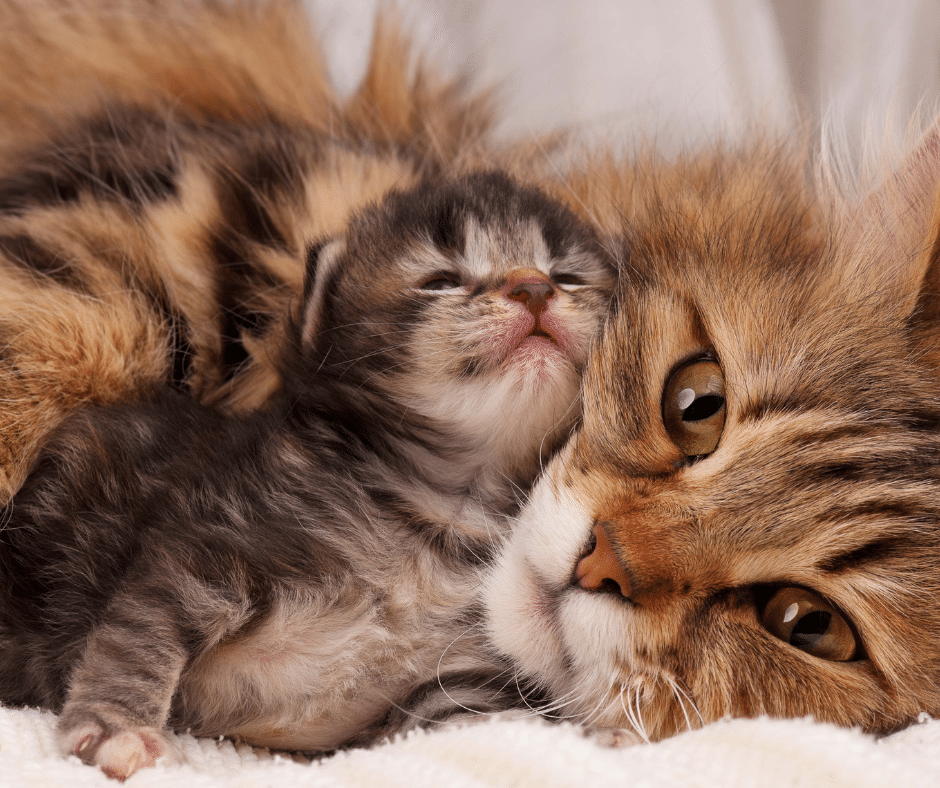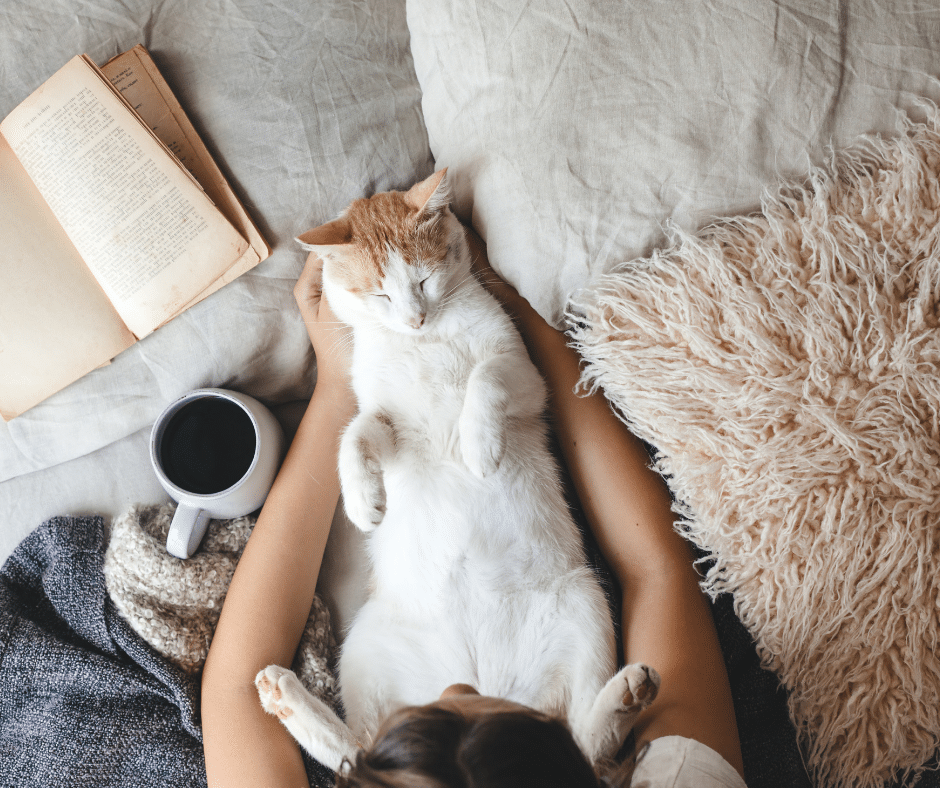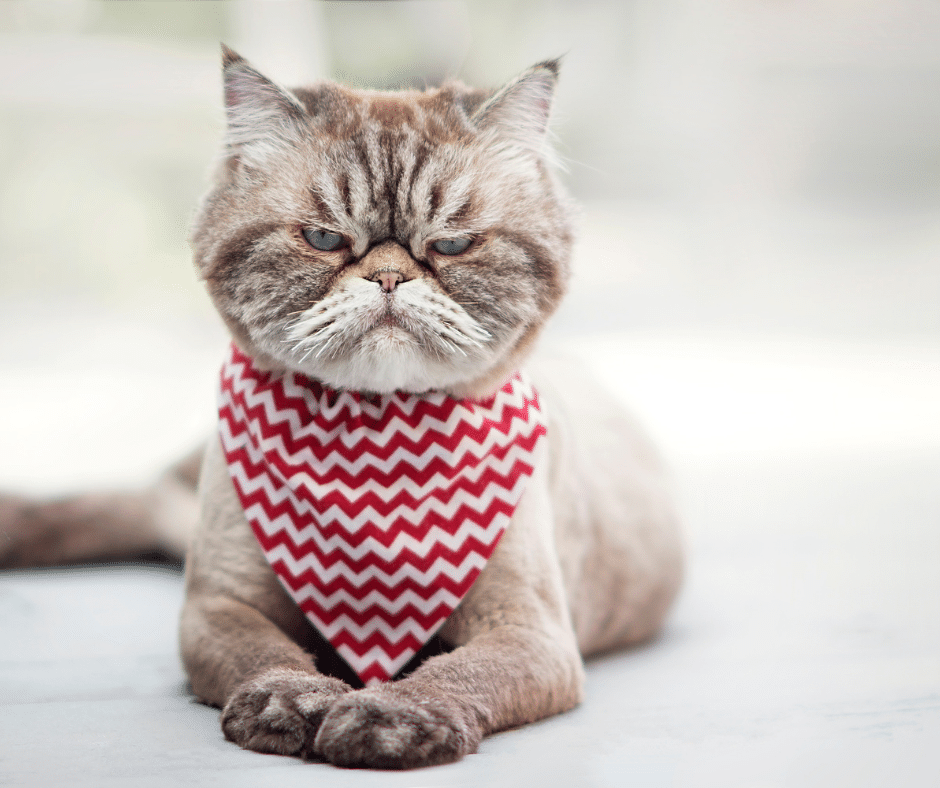A cat’s purr is one of its most endearing qualities. If you have ever heard a cat purr, it is an amazing sound. Cats purr in all sorts of situations and it can be very intriguing to try and figure out why they do this so frequently.
There are many theories about the reasons for this behavior, but this is what we know:

Cats purr when they are happy and content, whether after being fed or when cuddling with their owners. Cats also purr when in pain or sick, which may indicate that the noise is meant to be soothing or to cheer up the cat in question.
A theory about why cats do this in times of pain is because the vibration from the purr might bring pleasure to a cat in pain, or at least distract it from feeling any discomfort. Another possible reason for this is because the noise from the purr can be very soothing and relaxing for a cat.
Tigers also purr, but only when exhaling. Lions do not have this ability. Cats do not purr when they are breathing in, only when exhaling, which has led scientists to believe that this mechanism is not functional for anything more than the noise it creates.
One other theory about why cats purr is that it can be used to help keep their vocal cords healthy by exercising them regularly. This may even serve to strengthen their immune system. However, purring is not always good for cats because it can also be used by cats to show that they are in pain or even to threaten other animals.

How Cats Make the Noise
Here are some interesting facts about how cats make this noise:
Cats do not have a bone inside of their throat, which is why you cannot find a sound when you look in a cat’s throat. In fact, cats do not even have vocal cords, which play a key role in the noise when people speak.
In order for cats to make this noise, they must move air through their larynx and then close off the airflow with a special muscle that is loose enough to vibrate when exhaling. The noise is then made in the throat.
Another interesting fact about purring is that cats are the only animals known to do it, except for baby big cats like cheetahs and lions. Kittens start this behavior between the ages of one week and 3 weeks old.
Cats may even purr for reasons other than being happy. They will often do this when they are feeling stressed or threatened, which is why you may hear your cat doing this after an altercation with another animal.

Cats also purr when the weather is changing, such as before a thunderstorm or during a cold front. Cat owners have noticed that cats often get quieter before a storm and more vocal when it has passed. This is thought to be another way the cat prepares itself mentally for what’s coming, much like dogs do by making their sleeping patterns more erratic before a storm.
There are many reasons a cat may purr, but this is what we know: Cats will purr when they are happy or content, when in pain or sick, and when the weather changes. Cats make the noise by breathing in and out of their larynx, but it can also be used to show that they are in pain or to threaten other animals.
